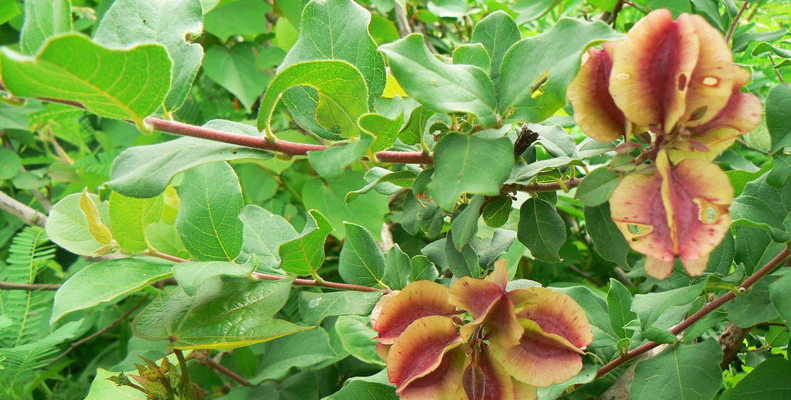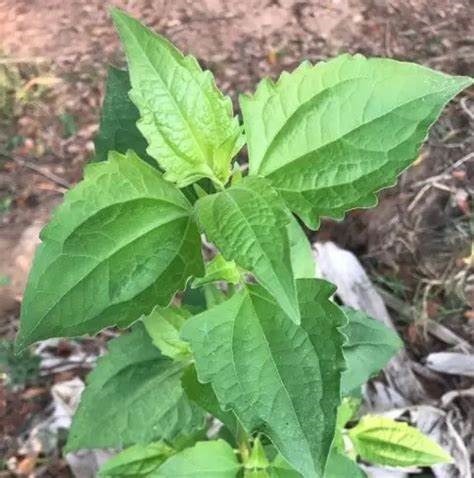Bottle Gourd (Lagenaria siceraria)

Lagenaria siceraria, commonly known as bottle gourd or calabash, is a running or climbing vine of the gourd family (Cucurbitaceae), native to tropical Africa. Bottle Gourd (Lagenaria siceraria) offers several health benefits due to its rich nutritional profile and medicinal properties.
Health Benefits of Bottle Gourd (Lagenaria siceraria)
Here are some key benefits:
- Nutritional Value: Bottle gourd is low in calories and high in water content, making it a hydrating and weight-friendly vegetable. It contains essential nutrients like vitamin C, B vitamins, iron, calcium, and potassium.
- Digestive Health: Its high fibre content aids digestion and helps prevent constipation.
- Liver Health: Studies suggest that bottle gourd may have hepatoprotective properties, which means it can help protect the liver from damage.
- Heart Health: The vegetable has hypolipidemic properties, which can help lower cholesterol levels and support cardiovascular health.
- Antioxidant Properties: Bottle gourd is rich in antioxidants, which help combat oxidative stress and reduce the risk of chronic diseases.
- Anti-inflammatory and Analgesic: It has anti-inflammatory and pain-relieving properties, which can be beneficial for conditions like arthritis.
- Diuretic: Bottle gourd acts as a natural diuretic, helping to flush out toxins and excess fluids from the body.
- Cooling Effect: In traditional medicine, it is used for its cooling and detoxifying properties, which can help in managing heat-related conditions.
Chemical Composition of Bottle Gourd (Lagenaria siceraria)
Lagenaria siceraria, commonly known as bottle gourd or calabash, contains a variety of chemical compounds that contribute to its medicinal properties. Here are some key chemical constituents:
- Flavonoids: These are known for their antioxidant properties, helping to combat oxidative stress and inflammation.
- Sterols: These compounds can help lower cholesterol levels and support heart health.
- Saponins: Known for their immune-boosting and anti-inflammatory properties.
- Terpenoids: These have various therapeutic effects, including anti-inflammatory and antimicrobial properties.
- Phenolic Compounds: These compounds have strong antioxidant properties, which can help protect cells from damage.
- Amino Acids: The seeds of L. siceraria contain 17 different amino acids, which are essential for various bodily functions.
- Vitamins and Minerals: The plant is rich in vitamins (such as vitamin C and B vitamins) and minerals (including iron, calcium, and potassium).
- Proteins and Carbohydrates: The leaves and seeds contain significant amounts of proteins and carbohydrates, contributing to the plants nutritional value.
These chemical properties make Lagenaria siceraria a valuable plant in traditional medicine, offering a range of health benefits from antioxidant and anti-inflammatory effects to supporting heart and liver health.
How to Use the Calabash Gourd as Herbal Medicines
Lagenaria siceraria, commonly known as bottle gourd or calabash, can be used in various ways to treat different illnesses due to its rich medicinal properties. Here are some traditional uses and methods:
- Digestive Health:
- Juice: A fresh bottle gourd juice can be consumed to aid digestion and relieve constipation. It is recommended to drink about 100 ml of fresh juice on an empty stomach in the morning.
- Liver Health:
- Juice: Regular consumption of bottle gourd juice can help protect the liver from damage and support its function.
- Heart Health:
- Soup: Bottle gourd soup can be beneficial for heart health due to its hypolipidemic properties. It helps in lowering cholesterol levels.
- Diuretic:
- Juice: The diuretic properties of bottle gourd juice help in flushing out toxins and excess fluids from the body. Drinking a glass of this juice daily can be beneficial.
- Cooling Effect:
- Juice: In traditional medicine, bottle gourd juice is used for its cooling and detoxifying properties, especially during hot weather to prevent heat strokes.
- Skin Health:
- Pulp: The pulp of bottle gourd can be applied topically to treat skin conditions like acne and rashes. It has cooling and soothing effects.
- Weight Loss:
- Juice: Due to its low-calorie content, bottle gourd juice is often recommended for weight loss. Drinking it regularly can help in managing weight effectively.
- Respiratory Health:
- Syrup: A syrup made from the tender fruits of bottle gourd can be used to treat cough, asthma, and other bronchial disorders.
- Anthelmintic:
- Seeds: The seeds of bottle gourd have anthelmintic properties and can be used to expel intestinal worms.
- Pain Relief:
- Pulp: Applying the pulp of bottle gourd on inflamed or painful areas can provide relief due to its anti-inflammatory properties.
Preparation Tips:
- Juice: Peel the bottle gourd, remove the seeds, and blend the flesh to extract the juice. It can be consumed fresh with a pinch of salt or lemon for taste.
- Soup: Cut the bottle gourd into small pieces and cook it with other vegetables and spices to make a nutritious soup.
- Topical Application: Mash the pulp and apply it directly to the affected skin area.
Caution:
- Always ensure the bottle gourd is fresh and not bitter, as bitter bottle gourd can be toxic.
Safety and side effects of Lagenaria siceraria
While Lagenaria siceraria (bottle gourd) offers numerous health benefits, it’s important to be aware of potential safety concerns and side effects:
- Toxicity: Consuming bitter bottle gourd can be toxic. The bitterness is due to compounds called cucurbitacins, which can cause severe abdominal pain, vomiting, diarrhoea, and even gastrointestinal bleeding. Always ensure the bottle gourd is not bitter before consuming it.
- Allergic Reactions: Some individuals may experience allergic reactions to bottle gourd, including itching, rashes, or swelling.
- Interactions with Medications: Bottle gourd may interact with certain medications, especially those that affect blood sugar levels or blood pressure. It’s advisable to consult with a healthcare professional before consuming bottle gourd if you are on medication.
- Overconsumption: Drinking large quantities of bottle gourd juice can lead to toxicity and adverse effects. Moderation is key.
- Quality and Freshness: Always use fresh bottle gourd and avoid storing them too long, as they may develop harmful compounds.
Safety Tips:
- Taste Test: Before consuming, taste a small piece of raw bottle gourd to ensure it is not bitter.
- Moderation: Consume bottle gourd in moderate amounts to avoid potential side effects.
- Consultation: If you have underlying health conditions or are on medication, consult with a healthcare professional before incorporating bottle gourd into your diet.
External links
safety and side effects of Lagenaria siceraria
Asian Journal of Plant Sciences
chemical properties of Lagenaria siceraria








Review Bottle Gourd (Lagenaria siceraria).
You must be logged in to post a review.